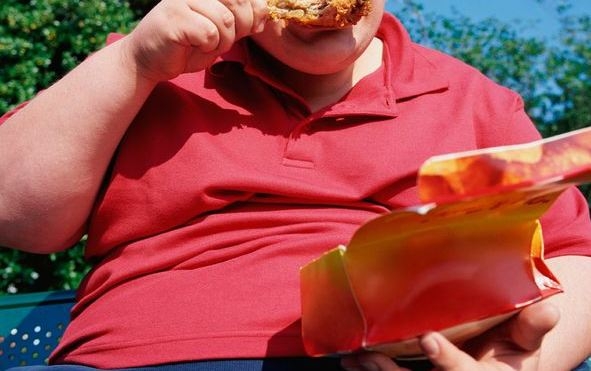-
Tips for becoming a good boxer - November 6, 2020
-
7 expert tips for making your hens night a memorable one - November 6, 2020
-
5 reasons to host your Christmas party on a cruise boat - November 6, 2020
-
What to do when you’re charged with a crime - November 6, 2020
-
Should you get one or multiple dogs? Here’s all you need to know - November 3, 2020
-
A Guide: How to Build Your Very Own Magic Mirror - February 14, 2019
-
Our Top Inspirational Baseball Stars - November 24, 2018
-
Five Tech Tools That Will Help You Turn Your Blog into a Business - November 24, 2018
-
How to Indulge on Vacation without Expanding Your Waist - November 9, 2018
-
5 Strategies for Businesses to Appeal to Today’s Increasingly Mobile-Crazed Customers - November 9, 2018
New approach can prevent teen obesity, eating disorders
According to the AAP’s guidelines, focusing on weight is unhealthy and ineffective for teenagers since it leads them to disorders such as anorexia, bulimia, skipping meals and taking weight loss pills.
Advertisement
To help ward off those problems, parents and doctors should steer teenagers away from the idea of “dieting”, the AAP said.
Overall, “weight talk” is discouraged by researchers who developed the new guidelines.
“This is a unsafe category of patient because they’re often missed by physicians”, says lead author, Dr Neville Golden, a professor of Pediatrics at the Stanford University School of Medicine.
Up to 40 percent of patients now admitted to some eating disorder treatment programs fit this easy-to-miss category, said Golden, who is also chief of adolescent medicine at Lucile Packard Children’s Hospital Stanford and a physician with the hospital’s Comprehensive Eating Disorders Program.
The new guidelines say parents and doctors should not encourage dieting. Three recommendations focus on behaviors to avoid: Parents and doctors should not encourage dieting; should avoid “weight talk”, such commenting on their own weight or their child’s weight; and should never tease teens about their weight. Evidence has shown that those who diet in ninth grade, for example, are three times more likely than their peers to be overweight in 12th grade.
It might seem “obvious” that family members shouldn’t tease or criticize kids about their weight, Cohn noted.
Mothers who speak negatively of their own weight influence lower levels of physical satisfaction among half of teen girls and a quarter of teen boys, a much greater effect on the eating habits and body image than most would think a parent can have when looking at themselves.
Family meals can be seen as an opportunity for teenagers to see their parents modeling healthy eating, Golden said.
The AAP recommended having family meals as often as possible.
But on the other end of the spectrum, obesity is still a concern: Rates have started to decline in children while remaining steady in adolescents. Of course, our society’s unhealthy attitudes toward food and weight have complex causes and will require complex solutions-but the AAP connecting the dots between eating disorders and obesity is an important step in the right direction.
Advertisement
Obsessing about weight, especially in a negative manner, makes teens more likely to develop either eating disorders or obesity, but can be avoided with simple acts that encourage healthy eating behaviors, researchers say.





























